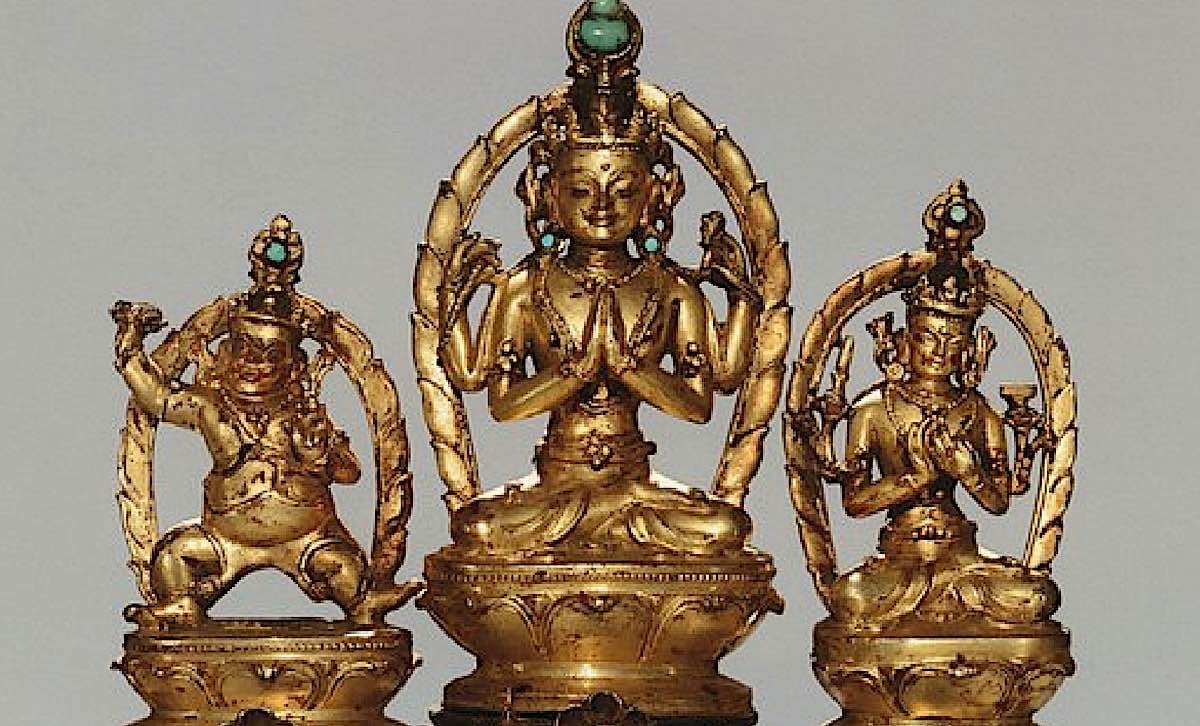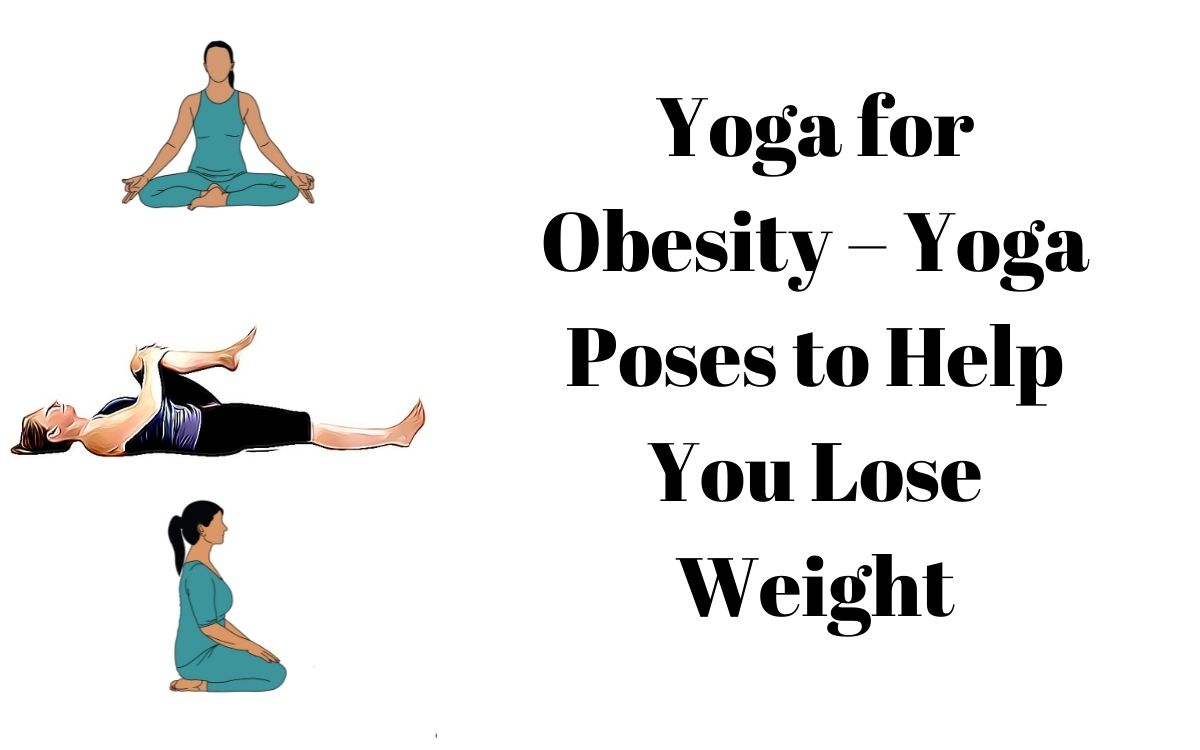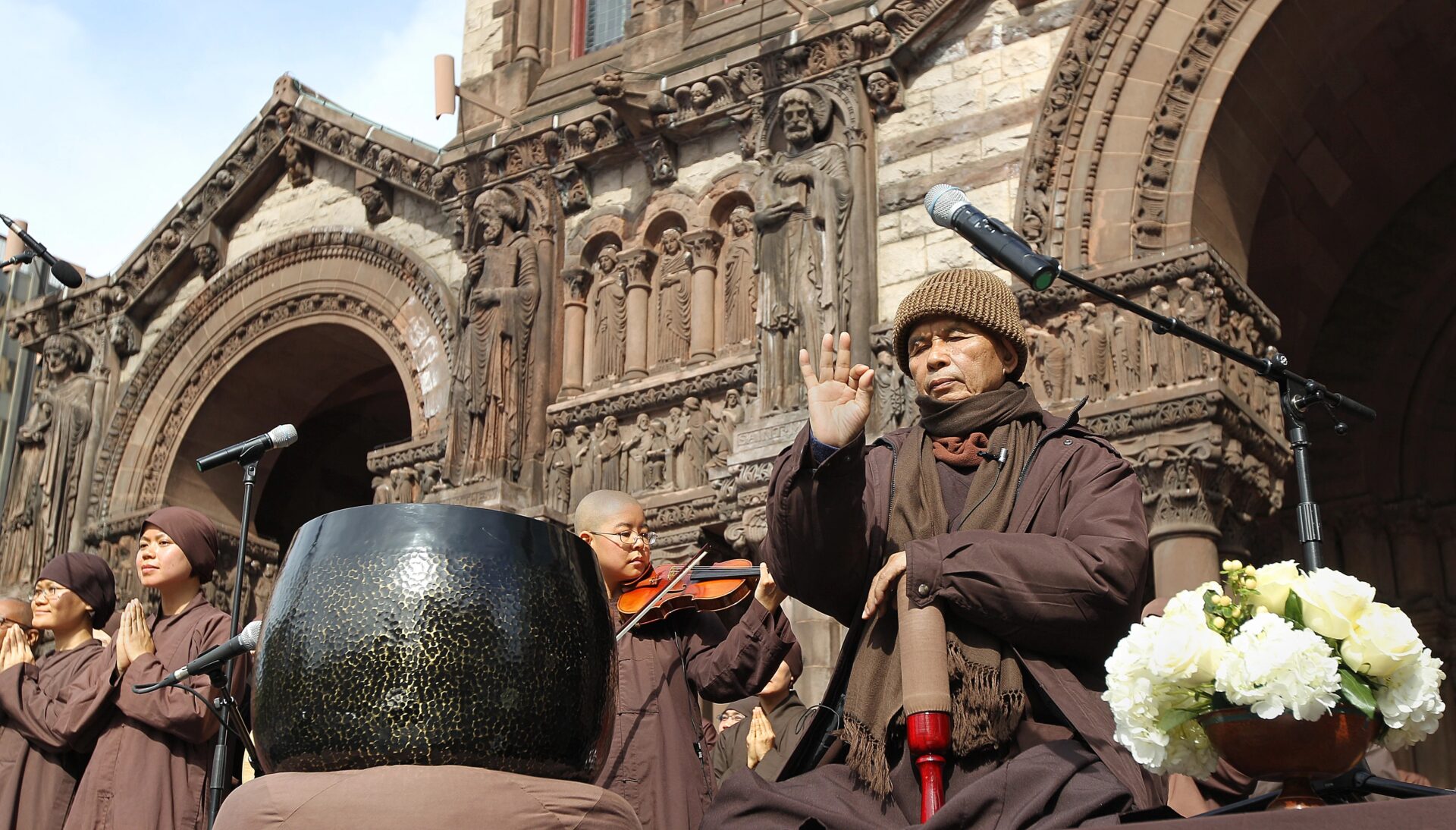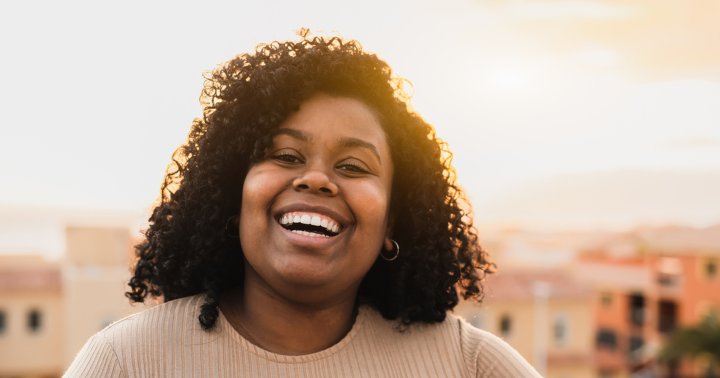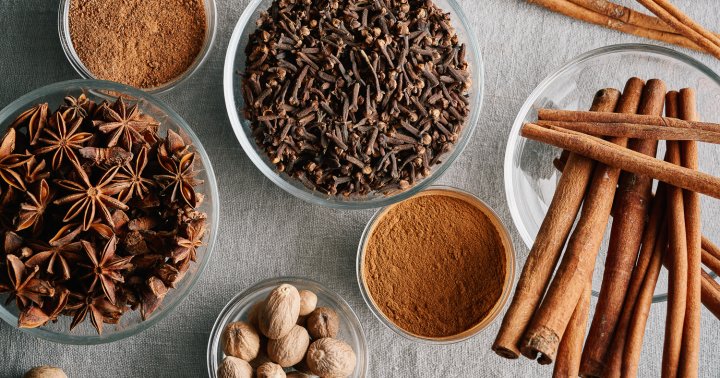I'm A Mind-Body MD: 3 Unexpected Ways To Achieve Better Health
Follow these core tenets.
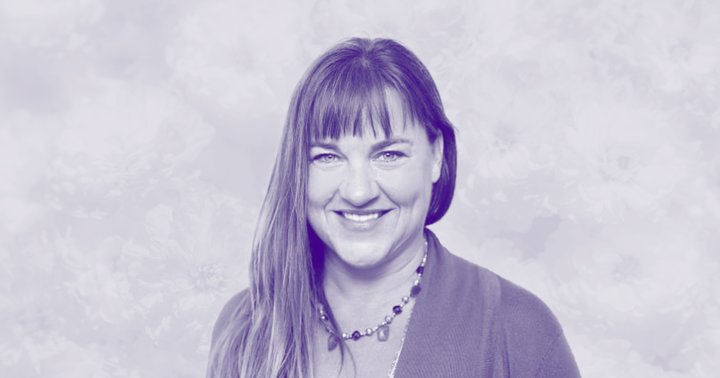
We’re only scratching the surface on how spirituality can impact your health, but the limited data we do have makes a clear connection: Individuals with some sense of spirituality have enhanced mental health, immune function, and longevity. All that to say, it’s worth it to strengthen your spiritual muscles.
One expert leading the charge is Lissa Rankin, M.D., a mind-body medicine physician and health care advocate who seeks to bridge the divide between traditional medicine, complementary medicine, and cutting-edge trauma. In her newest book, Sacred Medicine, Rankin dives into the research on this energy work, along with the spiritual practices and protocols that are particularly effective for healing. She reveals it all on this episode of the mindbodygreen podcast—and we grabbed the highlights for you down below.
Setting an intention is crucial for your healing journey, says Rankin, but it’s important not to fixate on the goal. “Be clear in your intention to heal, and surrender attachment to outcomes,” she says. Of course, this is much harder than it sounds: If you’re connected to your intention—especially if that intention has to do with your health—it’s difficult to surrender your control.
That’s why Rankin recommends energy medicine expert William Bengston, Ph.D.’s “image cycling” practice: You mentally visualize many, many ongoing desires (one of which might be related to your health) and cycle through them, so you’re not placing all of your energy on one specific intention. “The whole purpose of cycling is to help you let go, to surrender, to get out of the way, and to busy your mind,” she explains. “You set the intention, and then you move on to the next intention, and the next intention in the mind, so that you're not obsessing about the intention…obsessing about the intention does the opposite of healing.”
Again, this is an emotionally difficult experience—but if you can practice this type of surrender while keeping your intentions in the back of your mind, Rankin calls it the “sweet spot” for healing spiritually.
According to Rankin, it’s crucial to have a community of care during your healing journey. “You can heal yourself, and you can't do it alone. That's a paradox of healing,” she says. “We need each other so that the body can self-repair. We need other people to co-regulate our dysregulated nervous systems, because being sick is scary, and the fear can make us [feel worse].”
She recommends creating what she calls a “circle of healing,” where you invite a community of people (perhaps your doctor, therapist, acupuncturist, yoga teacher, best friend, etc.) to help support you on your healing journey. If you’re unable to create your own circle of healing, Rankin has also started a nonprofit called Heal At Last, where you can engage in small in-person healing groups and feel empowered.
On that note, Rankin emphasizes including those in your circle who are open and supportive, not controlling. “Absolutely let people educate you about your options, but if anybody is trying to interfere with your healing journey and control you, that's not the way,” she explains. “Only include people who are co-regulating your nervous system and trusting that you know what's best for you.”
You cannot use spirituality for healing without prioritizing the well-being of others—full stop. Says Rankin, “Any spirituality that doesn't include radical empathy for the suffering of others, without trying to explain it away, does not fit. If social justice is not part of your spirituality, get rid of it.”
It’s a concept we discuss quite a bit here at mbg: We are a microcosm of a much larger microbiome, and our world at large needs to function optimally for us to truly thrive—that includes both the planet itself and the communities around us. That’s why Rankin has made it her mission to make energy medicine as accessible as possible: “We're going to try to create circles of healing that are by donation only for anybody who identifies as being in recovery for illness, injury, or trauma,” she says. “And we have a bunch of passionate social justice activists who want to make sure that it's available to have a community of healing.”
If you don’t have access to Rankin’s healing groups at the moment, she also says you can create circles of healing in your own living room (which we alluded to in point No. 2). All you need is to have an open heart and a caring community. “Healing and spirituality should never be a luxury. It should be absolutely equitable for everybody,” she adds.
We’re continuing to learn more and more about the science of spirituality, but quite a few experts (Rankin included) recommend tapping into your spiritual side to enhance your health. Spirituality ultimately looks different for everyone, but these core tenets above can help you along your healing journey.
Enjoy this episode! And don't forget to subscribe to our podcast on iTunes, Google Podcasts, Spotify, or Amazon Music!

 AbJimroe
AbJimroe 








